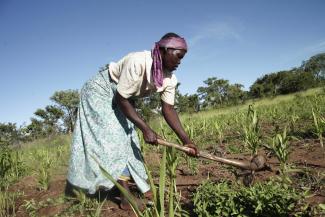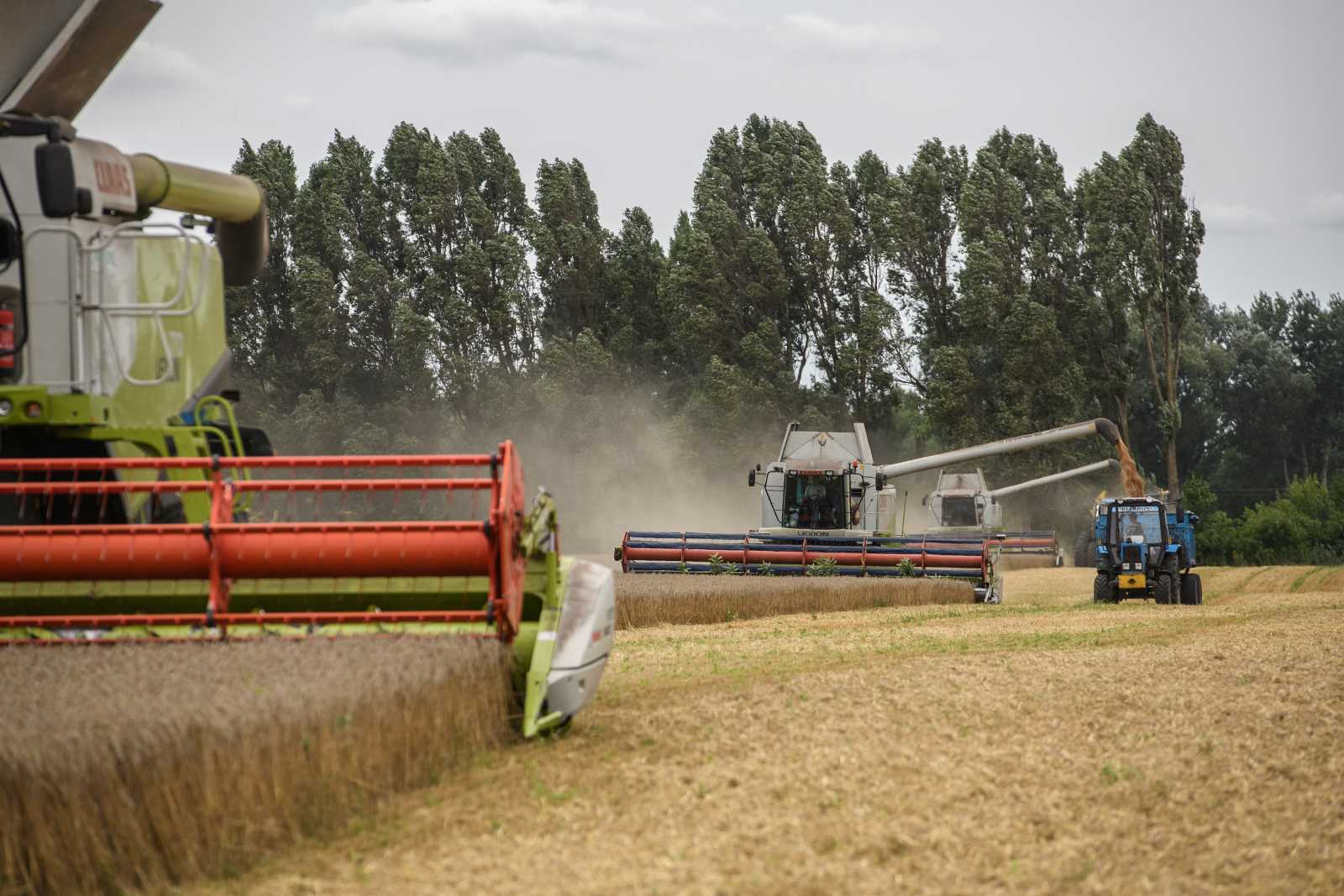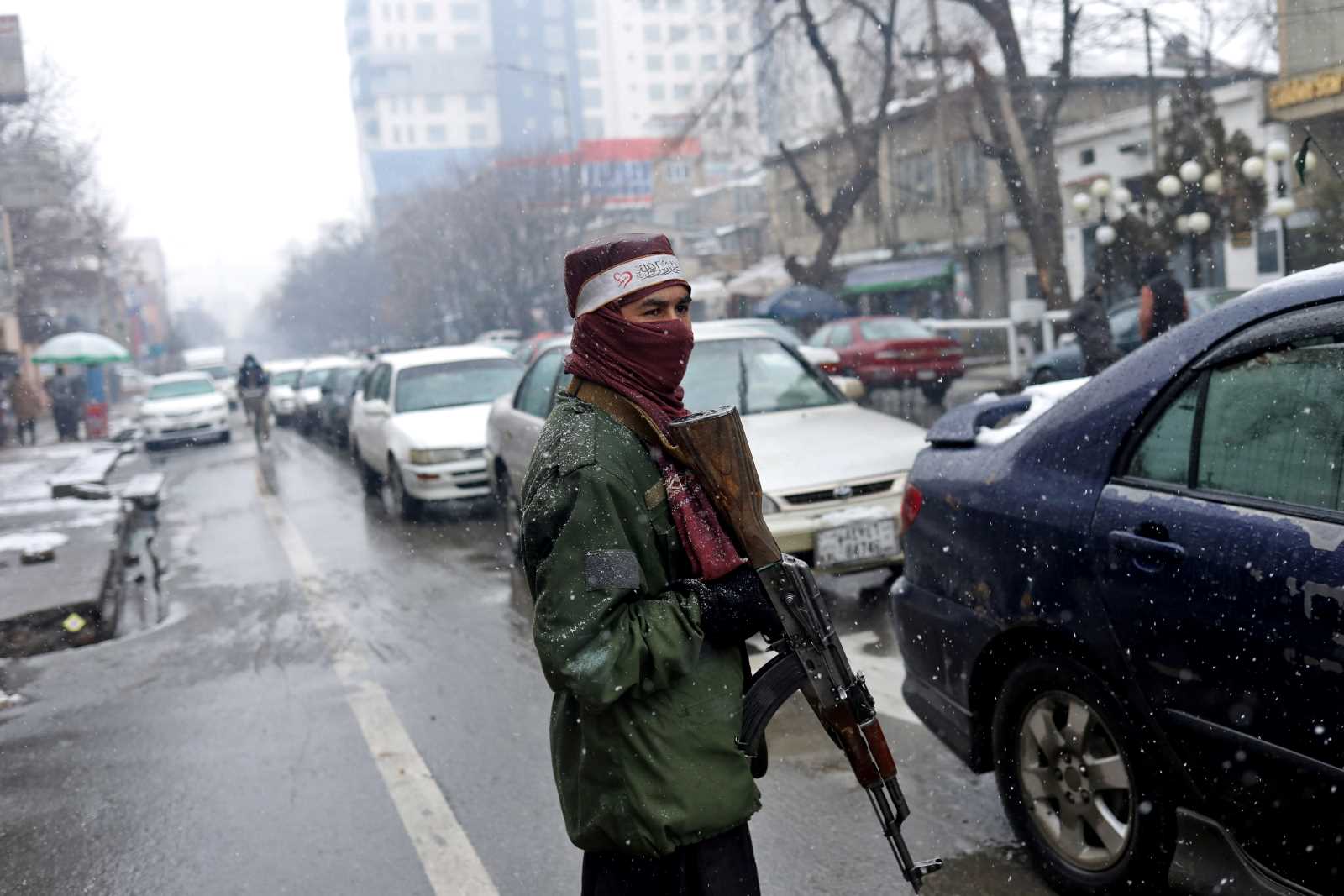Rural development
Ineffective subsidies

Malawi held elections on 20 May 2014. At the end of the month, the winner, Peter Mutharika, who is the brother of a deceased former president, was sworn in as head of state. However, vote counting was controversial. The Election Commission ordered a recount on 24 May after Joyce Banda, the incumbent president, had wanted to cancel the entire election. The High Court decided that she did not have the power to do so however.
It is remarkable that none of the four leading parties indicated in the election campaign that it would do away with the Farm Input Subsidy Programme (FISP), which has been accredited for the countries’ farms producing a highly welcome food surplus in the years 2006 to 2011. The FISP remains very popular, even though its impact has been less positive in the past few years. Malawi is a very poor country, and about 85 % of the people live in rural areas.
President Bingu wa Mutharika introduced the FISP after pledging to do so before ahead of the elections in 2004. Subsidising farm inputs, was a response to a severe food crisis that had hit the country when the rains failed in 2001/02. The scheme was successful, and Mutharika was re-elected on its basis in 2009.
After his death due to heart failure in 2012, Joyce Banda, the vice president, became the new head of state. She never indicated any intention of stopping FISP. In the 2013/2014 budget, the equivalent of $ 188 million was allocated to the subsidy programme, even though donor agencies, non-governmental organisations and agriculture experts had been expressing criticism. According to them, the scheme is not supporting agriculture in the appropriate way.
Presenting the budget as finance minister in parliament in June 2013, Ken Lipenga said: "Despite the resource challenges, food security remains a major priority and the Farm Input Subsidy Programme will continue." He promised smallholder farmers would get fertiliser at a highly subsidised price (the equivalent of about two dollars rather than the almost $ 50 market price).
During Mutharika’s first term, the FISP was applauded for increasing food production. Indeed, Malawi managed to export almost 290,000 tonnes of maize to Zimbabwe in 2007 according to government data. On top of that amount, the World Food Programme purchased another 30,000 tonnes of Malawian maize in order to support people in Zimbabwe. Moreover, Malawi donated maize to Lesotho and Swaziland, countries that suffered a drought that year.
The FISP was always very popular. Mutharika, however, became increasingly authoritarian in his second term and fell out with donors. The donors discontinued their budget support, and Malawi’s economy stalled. About 40 % of Malawi’s national budget is funded by donors.
The economy improved as donors resumed budget support after Banda took office. However, the Banda administration soon became engulfed in serious scandals. An estimated $ 33 million disappeared from government coffers. As a consequence of the scandals, donors have started to reduce or even stop budget support. Accordingly, the FISP is under threat.
This is all the more so as food production has declined in spite of the FISP in the past few years. Experts say that farm inputs were not distributed well and complain about corruption. Merely applying fertiliser, moreover, is not the appropriate way to boost agriculture long term.
Henry Mloza-Banda teaches agriculture at the University of Malawi. He says that government action has been dysfunctional. Farmers’ ability to increase productivity depends critically on "timely access to inputs, the availability of appropriate technology and reliable output marketing arrangements", he points out. All of this is lacking, according to him. He blames politicians who design populist measures to retain power without regard for longer-term reforms.
"There is a need to revitalise agricultural extension services; they have been ignored," says Mloza-Banda. Moreover, he wants government divestment from agricultural companies that are supposed to support smallholders, for instance in terms of marketing, but have become dysfunctional to a considerable extent. He sees corruption within the Ministry of Agriculture as a hindrance to improving agriculture production.
David Mkwambisi, who lectures at Bunda College of Agriculture, equally says it takes more than subsidies to attain food security. In his eyes, the political environment matters, and so does technology: "Currently, food production is in the hand of poor people who don’t have the capacity to produce enough food," he argues. He adds that Malawi has too many players in the agricultural sector with conflicting interests but without a national agenda on food security.
Mkwambisi laments that the FISP only uses farm inputs to boost food security: "We fail to understand that technologies and improved practices are more important to food production." Mechanisation, irrigation and up-to-date farming practices are needed to improve yields, in his eyes.
Another problem he considers relevant is that the FISP is not monitored. "We don’t know whether the fertiliser is used for food production or other purposes. It is a political programme driven by politicians not technocrats," he says.
This year, an estimated 1.85 million people are facing a food crisis in Malawi. To feed the needy, the World Food Programme (WFP) has purchased more than 57,000 metric tons of food commodities that are worth almost $ 20 million. The Government of Norway has given the WFP almost $ 8 million for that purpose, insisting it would not give it to the government of Malawi because it might be stolen. "We chose to re-channel much of the withheld budget support through the WFP for food security, since there was an urgent need," says Asbjørn Eidhammer, Norway’s ambassador to Malawi.
The donors no longer trust Malawi’s state institutions. It remains to be seen whether the new government will make a difference. Without their funding, Malawi will not be able to afford to continue the FISP. But even with donor funding, the FISP is not what Malawi needs to raise agricultural output in the long run.
Raphael Mweniguwe is a freelance journalist based in Malawi.
raphael.mweninguwe@hotmail.com











